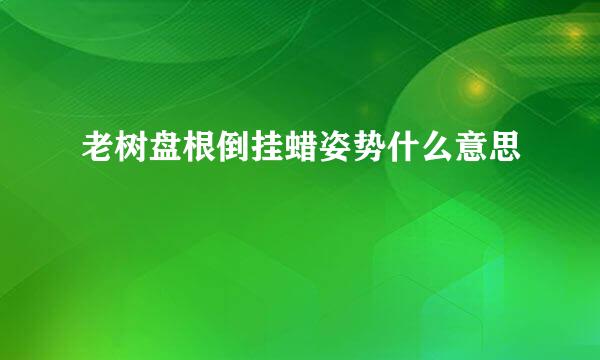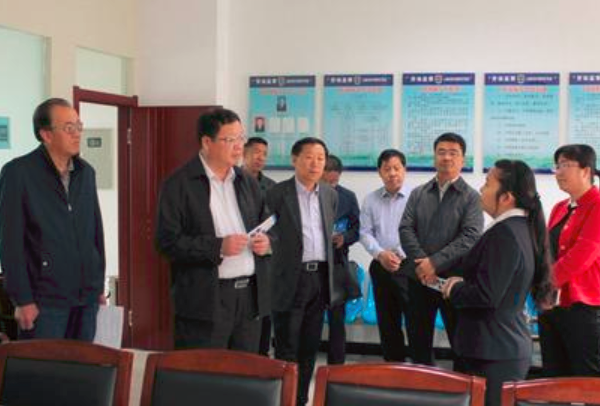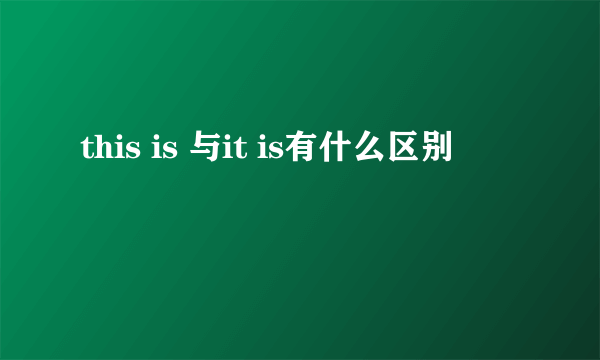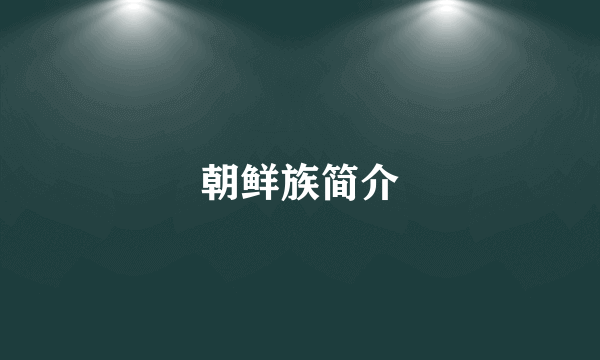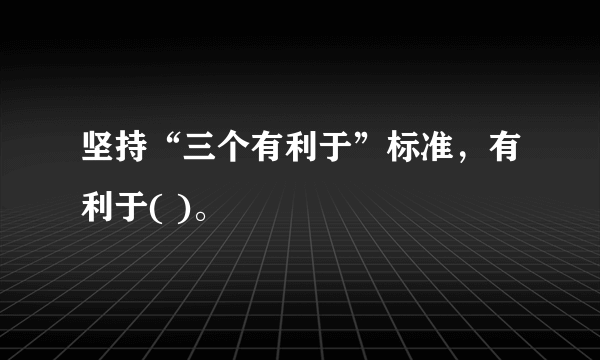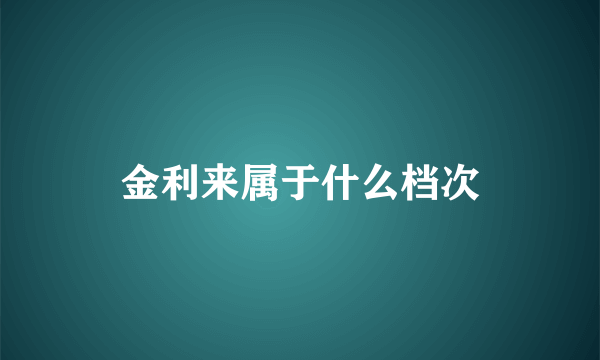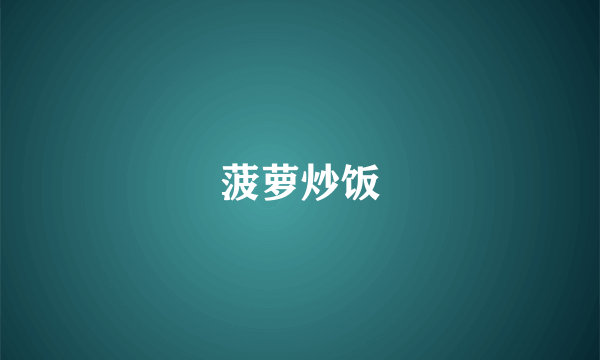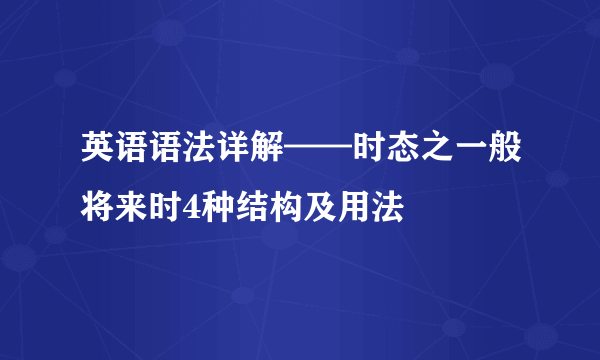
一般将来时的用法
一般将来时的结构有以下四种:
1.一般将来时的基本构成为:will/shall+动词原形。表示一个将要发生的动作或状态,也可表示一种趋势或习惯动作。
eg.I will/shall see you tomorrow about the new plan.明天我去找你谈谈新计划的事。
2.”be going to +动词原形”也可表示将来情况。人作主语时表示打算作某事;物做主语时表示目前迹象表明将要发生某事。
eg.They are going to hold a meeting to discuss it.他们将要召开会议来讨论这件事。
This rope is going to break soon.这条绳子快要断了。
3.“be to +动词原形”表示按计划、安排必须要做某事。
They are to meet at the gate of the school.他们将在学校门口见面。
4.“be about to +动词原形”表示即将发生的动作,不能和表示将来的时间状语连用。
She was about to go the cinema when it began to rain.她正要去电影院,这时开始下雨了。
注意:一般将来时除表将来以外,还可带有意愿的色彩。
eg.I will buy you a book for your birthday.你过生日我会给你买一本书。(表示允诺)
Will you open the door for me?请你帮我开门好吗?(表示请求)
拓展:
(1) 当主句为一般将来时,在以after,when,while,as soon as,before,once,if,unless等引导的时间或条件状语从句中,要用一般现在时或现在完成时表示将来;
If he sells out his vegetables,he will go home.
=He will go home if he has sold out his vegetables.如果卖完了蔬菜他就回家。
(2) 在even if,in case等引导的状语从句中,也要用一般现在时或现在完成时表示将来;
Even if I have to sell my house,I will keep my business going.
=I will keep my business going even if I have had to sell my house .即使要卖掉我的房子,我还是要继续我的事业。
(3) 在the more...,the more...句型中,从句也要用一般现在时表示将来。
The harder you work ,the better the results will be.你工作越努力,结果就越好。
标签:英语语法,时态



